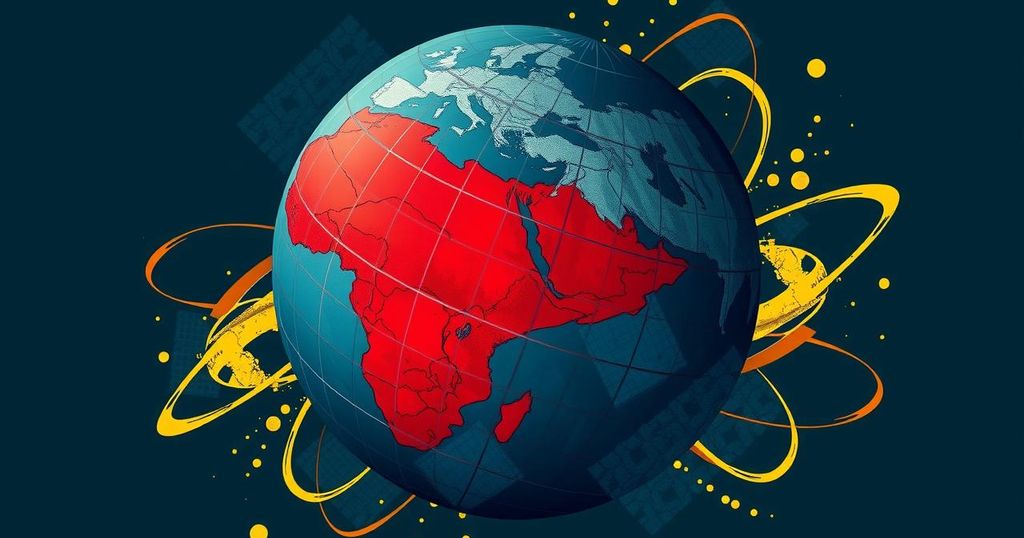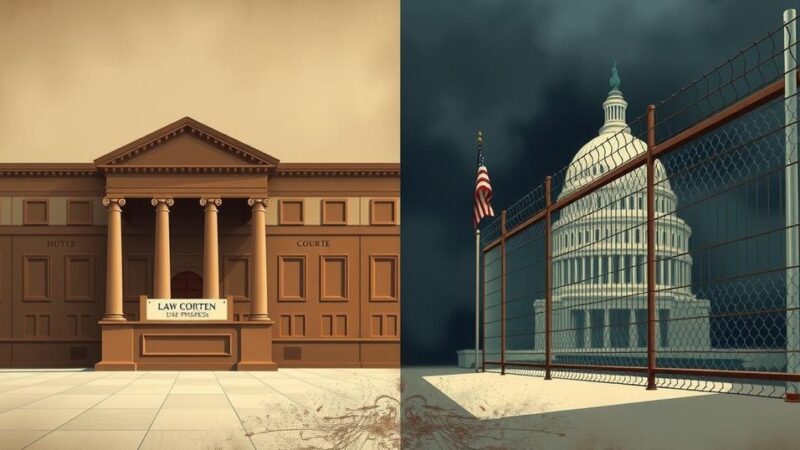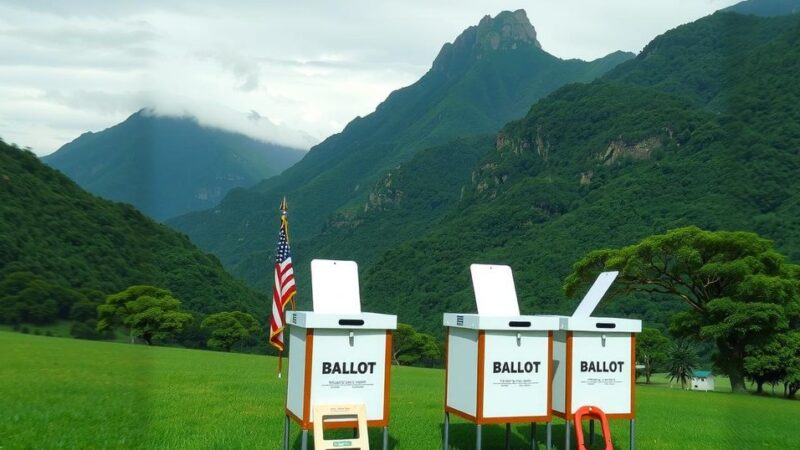Former President Trump’s derogatory comments about Lesotho’s foreign aid sparked widespread outrage both in Lesotho and globally. The Lesotho government condemned his remarks as ignorant, while public protests and political backlash ensued in the U.S. International organizations criticized Trump’s rhetoric, raising concerns about potential harm to U.S.-Africa relations. Analysts believe existing ties may withstand this controversy, but the incident underscores the importance of respectful partnerships.
Former U.S. President Donald Trump ignited significant controversy with his recent remarks concerning foreign aid to Lesotho during a speech to Congress on March 4. He referred to Lesotho as a “country no one has ever heard of” and claimed it receives “8 million dollars to promote transgender issues.” His statements prompted an outcry in Lesotho, perceived as both insulting and offensive by officials and citizens alike.
In response, the government of Lesotho expressed profound shock at Trump’s comments, highlighting a lack of understanding regarding the nation’s socio-economic conditions. A government official stressed that Lesotho seeks fair partnerships rather than being seen as dependent on charity, asserting that Trump’s views are personal and do not reflect the current U.S. government’s standpoint. They affirmed the longstanding diplomatic relationship with the United States, emphasizing that U.S. aid has historically been appreciated and not a source of humiliation.
Public outrage manifested in Maseru, where hundreds protested against Trump’s remarks. Various groups participated in demonstrations, demanding respect for Lesotho’s sovereignty. Social media also became a platform for a solidarity campaign, with users globally supporting Lesotho and criticizing what they deemed “American arrogance.”
Trump’s comments have also stirred discontent within U.S. political circles, drawing criticism from both Republicans and Democrats. Reports indicate that a Republican senator labeled the remarks as “irresponsible” and cautioned they could damage U.S.-Africa relations. He emphasized that aid to Lesotho is instrumental in promoting stability and development, not mere charity, and that such rhetoric can harm the U.S. standing abroad, particularly against competitors like China and Russia.
Globally, Trump’s remarks received condemnation from various human rights and international organizations, which labeled them as “incendiary rhetoric” that could foster discrimination and violence against vulnerable populations in Lesotho. The African Union also voiced concerns regarding the impact on trust within U.S.-Africa partnerships amidst growing global influences.
Some analysts suggest that the current U.S.-Lesotho relationship may remain intact, especially since the present U.S. administration has not supported Trump’s comments. Nevertheless, this incident may compel the U.S. to reaffirm its commitment to supporting Lesotho, ensuring that its policies are not swayed by individual political opinions. The controversy also serves as a reminder to African nations about the importance of diversifying their partnerships in light of increasing international competition for influence.
In summary, former President Trump’s remarks on Lesotho have sparked significant backlash both domestically and internationally. The Lesotho government and citizens deem his comments offensive, and there is widespread discontent among U.S. politicians. Global organizations and the African Union have expressed concern regarding the potential negative effects on U.S.-Africa relations. This situation highlights the need for strategic partnerships and the importance of mutual respect in international relations.
Original Source: www.watanserb.com






